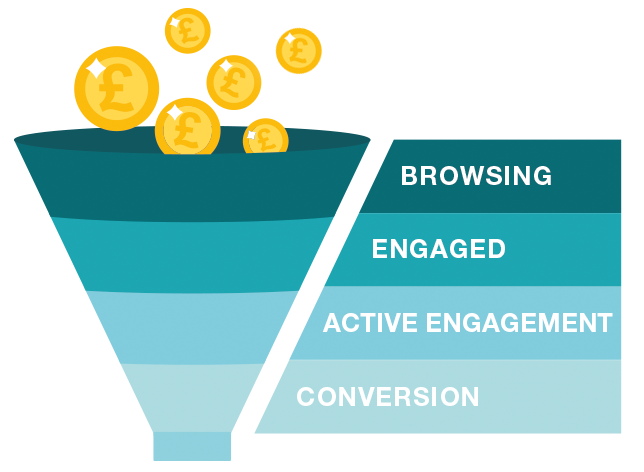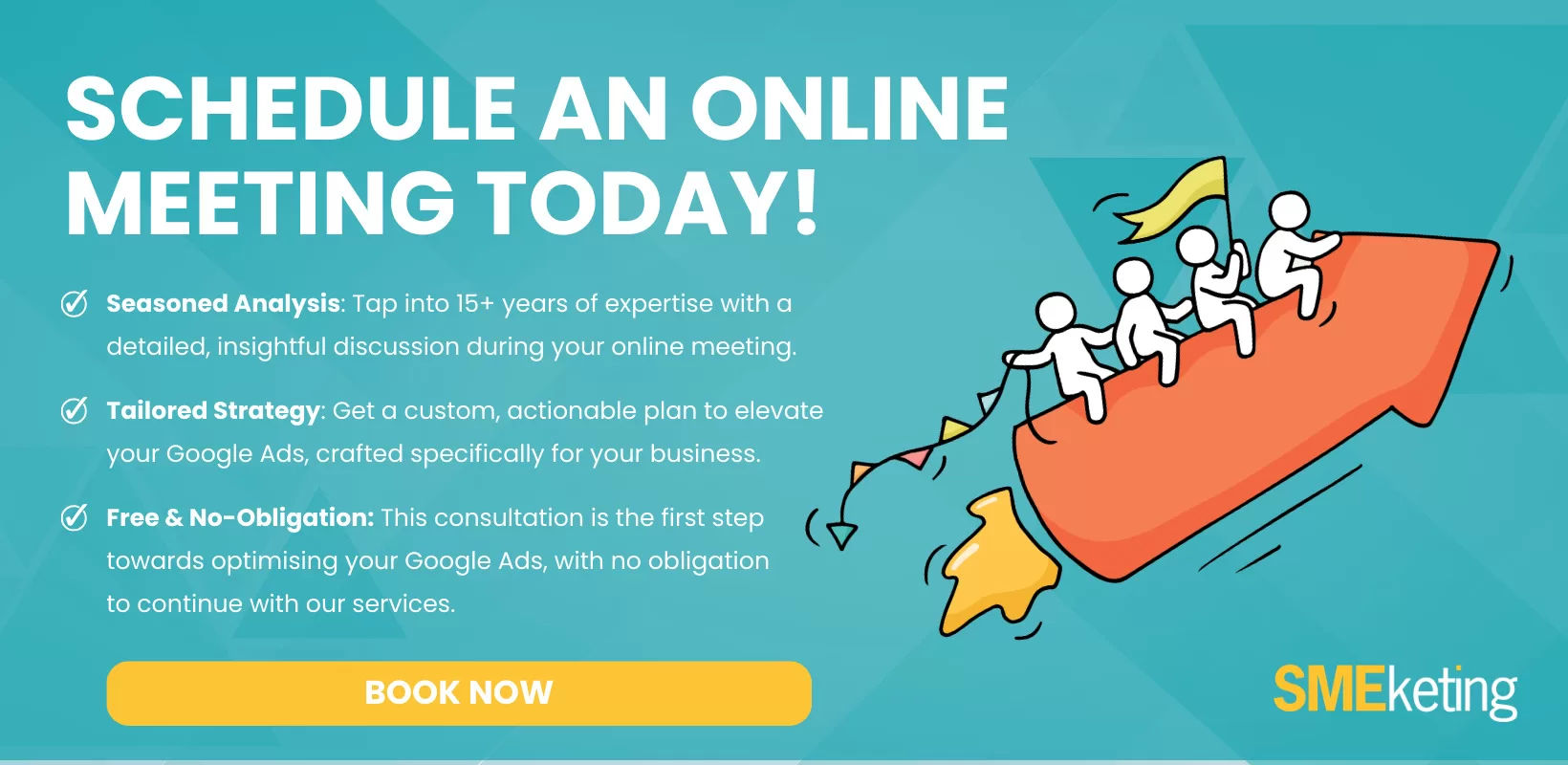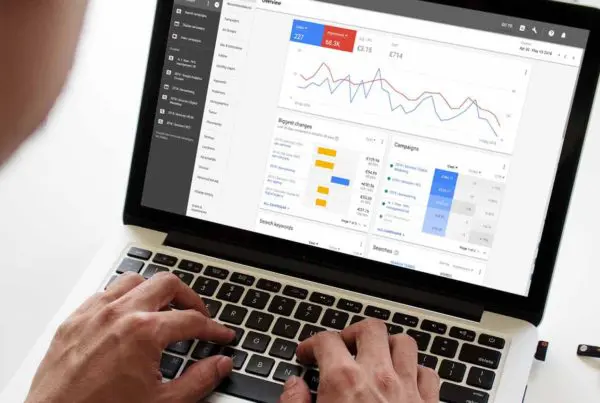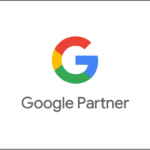Your B2B sales funnel stretches from the early days of brand discovery to the final purchase. We call this the buyer’s journey. From creating content to Google Ads, every aspect of your marketing should form a key stage in your B2B sales funnel, driving customers toward your desired goal – usually a sale.
Too many businesses use Google Ads to “raise brand awareness” or “generate interest” without any real understanding of how to convert interest into revenue. Getting people who have no intention of buying your products or services to know about your brand isn’t an achievement; it’s a waste of resources.
You need a focused B2B Google Ads strategy.
Remember: by the time they speak to you, most B2B buyers are already halfway through the buyer’s journey. They’ve learned about your industry, and they’ve learned what you do. When you talk, they’re evaluating which brand to pick. You’re on the final stretch.
Creating a B2B Google Ads campaign designed to educate and funnel customers to this stage is paramount. Here’s what you can do to refine your B2B sales funnels.
8 Tips to Refine Your B2B Sales Funnels for Better Google Ad Campaigns
1. Be Metric-Driven
“Know thy metrics” should be the #1 commandment for all B2B marketers. Your chosen metric should relate directly to your goals – and always tie back to leads. In two sentences, you should be able to explain how your metrics lead to more sales and revenue.
Your B2B Google Ads strategy will revolve around two types of metrics: front-end and back-end metrics.
Front-end metrics are all about gaining traction. They’re how your ad and landing page perform in attracting customers and how much you spend doing so.
- Cost-per-conversion
- Cost-per-click
- Click-through rate
- Bounce rate
Back-end metrics are all about revenue. While front-end metrics are important, your back-end metrics ultimately determine if a campaign is a success.
- Return on advertising spend
- Conversion rate per channel
- Cost-per-acquisition
- Customer lifetime value
- Pipeline contribution
- Number of MQLs generated
2. Create Ads for Every Stage
Think of your buyer’s journey as a story in three parts: the beginning, middle, and end.
In the beginning, customers have a problem or desire they want to fix. Customers don’t know who you are, but they do know what their problem is.
- Keywords include “broken,” “fix,” or “troubleshoot.”
Businesses pivot from the problem to the solution as they reach the middle. They’re looking for a fellow business offering a problem or service to get them back on track.
- Keywords include “vendor,” “tool,” or “supplier.”
Last, we come to the final stage, when a business chooses between competing brands, determining which is best.
- Keywords include “demo,” “quote,” trial,” or “proposal.”
Think about how your ads can meet the demands of businesses in the middle and bottom of the funnel. You use remarketing campaigns, for example, to target customers who saw your product, prompting them to return and make the sale.
3. Filter Out Unqualified Leads
Tightening your B2B Google Ads strategy by going after longer tail keywords may result in fewer clicks, but those clicks will likely filter out disinterested or unqualified leads. Every click you get that doesn’t convert is a wasted part of your ad budget.
Moreover, use your landing page to explain who you are and what you do clearly. The more clarity you provide, the less confusion you’ll find in your prospective leads.
4. Simplify Your Sales Process
Every extra click in a sales process triggers customers to leave. The more clicks, the fewer sales. When prospective buyers arrive on your landing page, add a form for them to leave their details, link directly to your products page(s), or include a clear call-to-action button to prompt conversions.
Try to create a sales process where there are three steps or less between clicking your ad and making a sale (or performing the desired action, e.g., booking a consultation).
5. Organise Your Campaigns
Too often, advertisers cram as many keywords into a single ad as possible. Going broad, they hope, will net them more customers – not so! You’ll want to split your keywords into separate, themed groups as part of your B2B Google Ads strategy.
You can even go further and theme your words around stages in the funnel. That way, you can create a landing page tailored to drive customers toward a sale.
Better still, using keywords related to your ad and landing page will boost your Quality Score – you’ll be seen more while not spending a penny extra.
6. Perform Extensive Industry Keyword Research
Use tools like Google Keyword Planner to identify keywords related to your brand and product or service. For best results: select long-tail keywords to target customers in a particular niche. That could be using commonly used abbreviations in an industry or a keyword involving a specific piece of jargon. For example, while pay-per-click is the correct terminology, everyone calls it PPC for short.
In addition, keywords not relevant to your brand or performing poorly should be added to a negative keyword list. Building your negative keyword list will ensure every pound you spend on your campaign yields results.
7. Target Specific Audiences
Targeting specific industries and audiences will personalise your B2B Google Ads campaign. Whether it’s selecting related keywords, building specific industry-targeted landing pages, or writing your ad copy to appeal to a particular sector, personalisation is the gold standard for a B2B sales funnel.
That’s especially important in the final hurdle of the sales funnel. Any interaction with your brand you can trigger – a micro conversion – almost always results in a higher chance of a sale. Moreover, you can use the data you gather to launch a remarketing campaign, advertising a specific product or service to an interested buyer.
Want to learn more about using Google Ads for lead generation?
Choose from one of these posts below:
Unlock the Power of Google Ads with the Help of an Experienced Google Ads Agency
Are you worried about quality of your Google Ad campaigns? Is your current Google Ads agency not supporting you in this area?
As a Google Ads agency in Southampton, Hampshire, we are positioned perfectly to help business owners, MDs and sales/marketing managers with their Google Ads. Get started today with our free Google Ads Growth Review!
- How to Do Keyword Research for Google Ads - January 15, 2024
- A Comprehensive Guide to Google Ads for B2C Businesses - January 8, 2024
- How to Write Calls to Action (CTAs) for Google Ads - December 25, 2023








